Organizations need emotionally intelligent leaders. As a leader, you want to employ other leaders in your organization with high emotional intelligence or EQ. So, what benefits should your team or organization expect to reap as you hire more emotionally intelligent leaders? This article will discuss the five benefits of having an emotionally intelligent leader within your organization.
Table of Contents
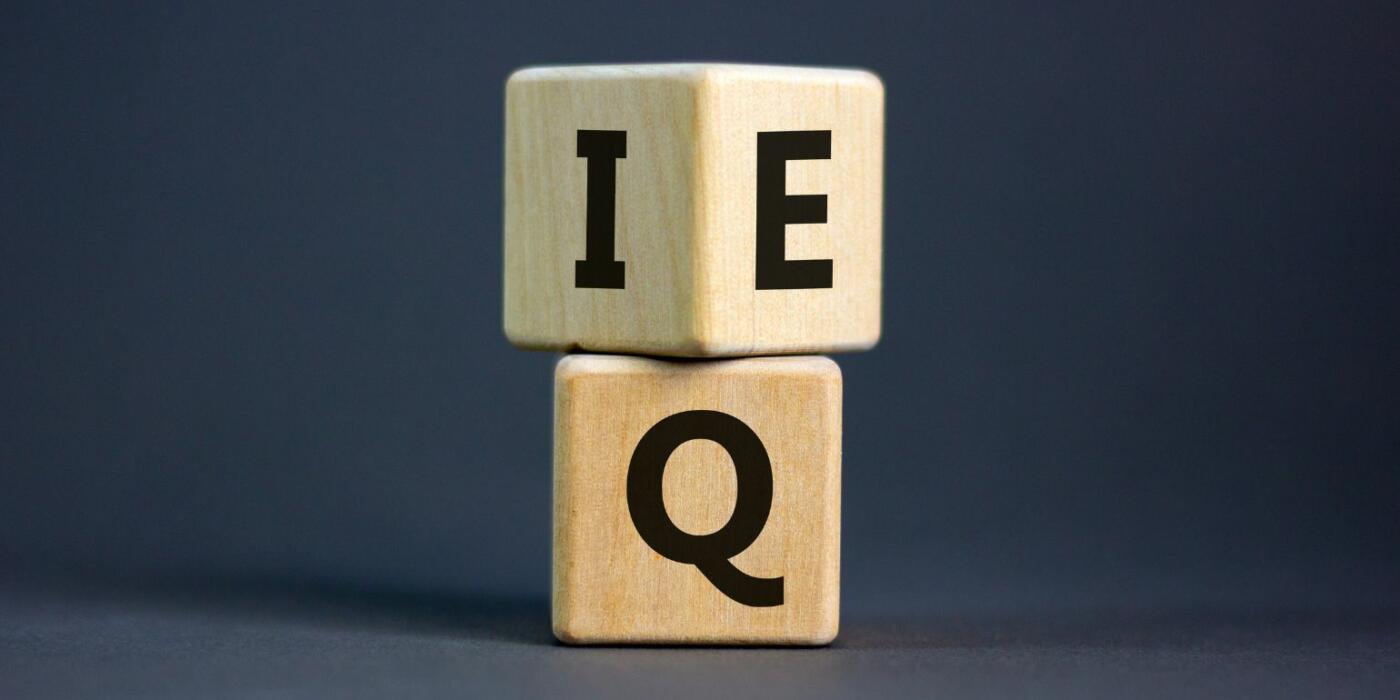
Key Takeaways
- What is emotional intelligence in leadership? Emotional intelligence in leadership refers to the ability of leaders to understand, use, and manage their own emotions positively to communicate effectively, empathize with others, overcome challenges, and defuse conflict.
- How does emotional intelligence enhance collaboration? Leaders with high emotional intelligence can better understand team dynamics and individual needs, fostering a more collaborative and inclusive work environment.
- Why is relationship-building important in leadership? Strong relationships are key to leadership success, and emotionally intelligent leaders excel in building these by listening actively and understanding others’ perspectives.
- How do emotionally intelligent leaders impact mentorship? They combine effective communication, patience, and insight to guide and inspire their teams, making them excellent mentors.
- Can emotional intelligence in leaders aid in conflict resolution? Yes, such leaders can efficiently navigate through conflicts, finding common ground and aligning team members with shared goals.
What is emotional intelligence?
In the recent blog, I explore what emotional intelligence or EQ is. Many leaders believe emotional intelligence (EQ) is limited to the ability to control and manage your emotions. Though this definition is technically is correct, Daniel Goleman, a bestseller author of numerous books on EQ, breaks emotional intelligence down into five key components of emotional intelligence.
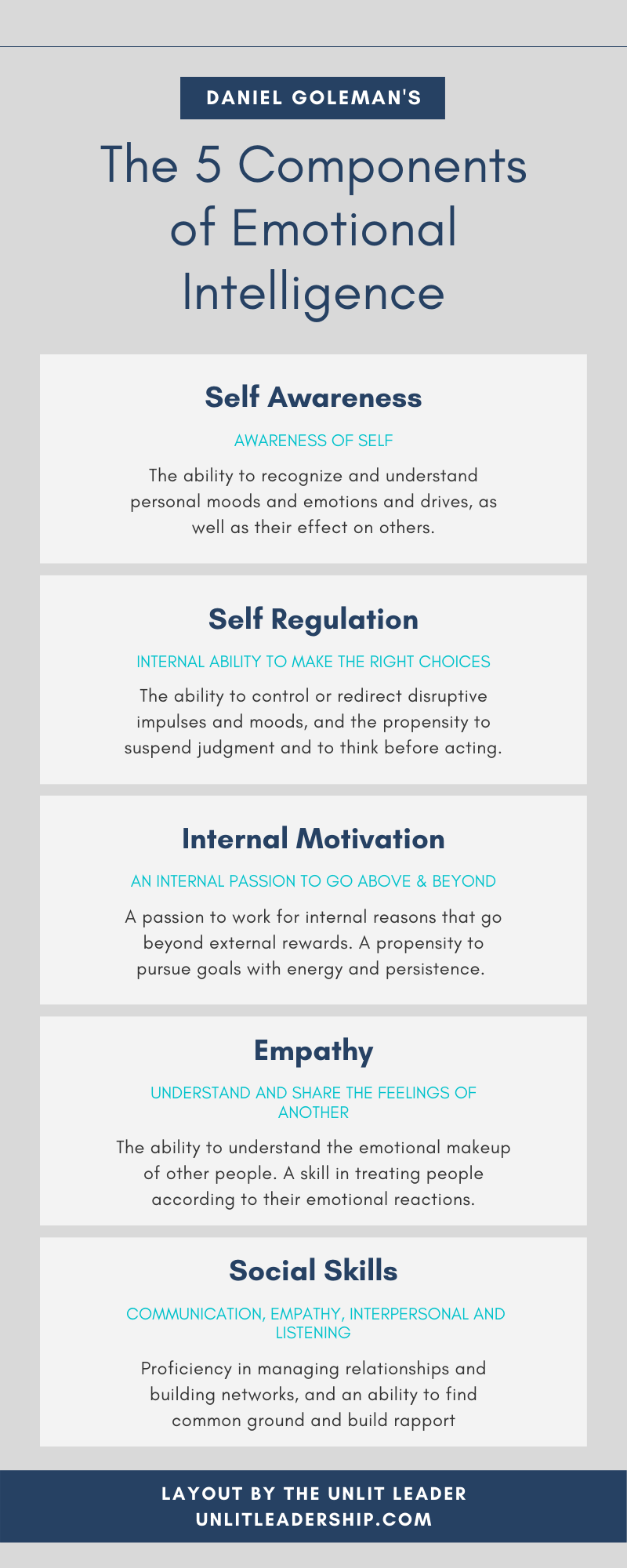
So, what are the characteristics of emotionally intelligent leaders?
We’ve already covered those listed by Daniel Goleman. However, individuals who possess emotional intelligence are also known to display the following:
- Adaptable: A leader’s ability to adjust their approach and behavior in response to changing circumstances while maintaining their effectiveness.
- Influencer: A leader who effectively persuades and motivates others, often by demonstrating strong emotional intelligence.
- Coach & mentor: Leaders who guide and develop their team members, often through a strong understanding of individual needs and potential.
- Conflict management: The skill of navigating disagreements and disputes effectively, fostering a positive resolution, and maintaining team harmony.
- Strategic vision: The ability to articulate a clear and compelling future direction for the organization, aligning team efforts with this vision.
- Organizational awareness: Understanding the organization’s dynamics, culture, and politics and using this knowledge to navigate and lead effectively.
- Relation building: The process of creating strong, meaningful connections with others, which is vital for effective leadership and team cohesion.
How can emotionally intelligent leaders benefit the organization?
Any organization can benefit from employing leaders with the characteristics listed above. When your organization employs emotionally intelligent leaders, you reap apparent benefits like a self-aware, competent leader who can self-regulate. However, the less obvious but arguably more critical benefit is the impact on organizational culture.
Experienced leaders understand culture lays the foundation for your organizational vision and, ultimately, your bottom line. Emotional intelligent leaders bring the following to an organization, all supporting the overall corporate culture.
1. Collaboration
No matter how talented one individual is, this individual skill does not compare to the benefits of a collective effort. Emotional intelligent leaders shine when it comes to collaboration. Their high EQ allows them to better understand and empathize with their teammates. As a result, they can harness and maximize each individual’s unique talents, leading to a better team effort.
2. Relationship building
Successful leaders, teams, and organizations must be able to network and build relationships. Your emotionally intelligent leader will likely possess highly tuned listening skills, intrapersonal skills, and the ability to influence others. These three skills make up the foundation of building both personal and business relationships. As a result, you will want to place your emotionally intelligent leader in positions to maximize their ability to develop and maintain relationships within your organization.
3. Mentorship and leadership
Combine the skills of an experienced leader with a high EQ, and you get the ultimate coach and mentor. This leader brings all the skills of a seasoned leader, such as communication, consistency, and vision. Add these skills to the leader’s ability to connect with the team. With a high EQ usually comes patience, insight, and the ability to avoid frustration as they coach and mentor new team members.
4. Strategic vision
Organizational leaders wish all employees would understand and buy into its strategic vision. Unfortunately, only a select few can. However, an organization can change this by employing more emotionally intelligent leaders. High EQ leaders can empathize with team members as well as high-ups. As a result, they can serve as the bridge between the leadership and the team, serving as strategic vision translators.
5. Conflict resolution
No organization can avoid conflict. Most experienced leaders have heard of Tuckman’s stages of group development: forming, storming, norming, and performing. Organizations need high EQ leaders who can effectively manage conflict resolution to quickly progress through the storming phase and move to the norming and eventually performing stage. High EQ leaders can help lead disagreements and misunderstandings toward achieving team goals, sharing interests, and identifying win-win situations.
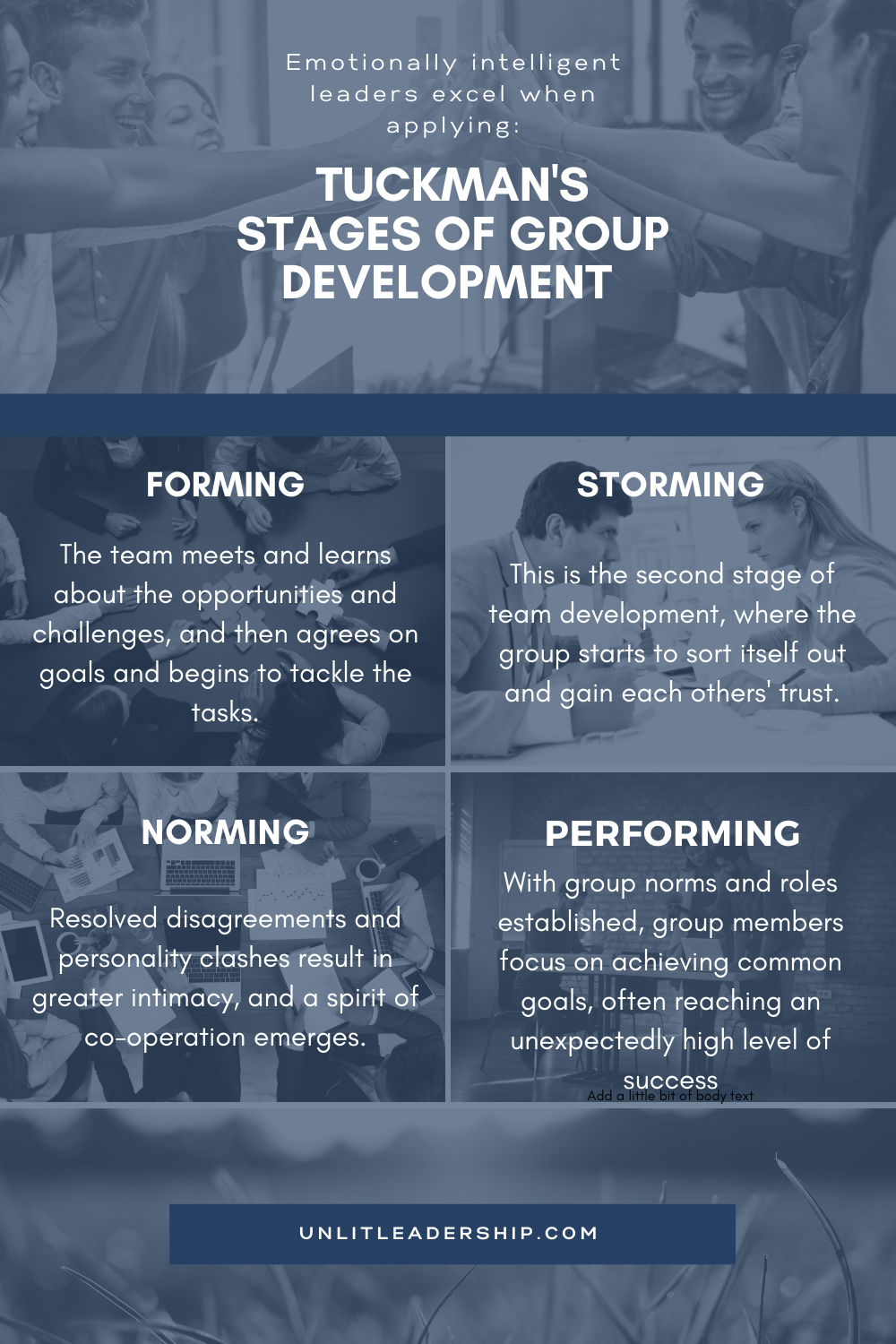
Test your EQ
Now that you know about some of the added benefits of organizations employing emotionally intelligent leaders, how do we test our leader’s EQ? Here are a few free online quizzes that can give leaders a quick assessment of their EQ levels.
The Institute for Health and Human Potential
This emotional intelligence quiz is a quick five-minute quiz. The test has less than a dozen multiple-choice questions that can give a quick and easy assessment of your EQ level.
The Greater Good Magazine
Though this test takes a little longer, it’s much more interesting. Twenty questions are picture-based. Each question contains a picture with a facial expression, and you must determine what feeling the person is conveying.
Psychology Today
Though this test is the longest of the three, it is also the most detailed. After taking this 45-minute test, you will receive a FREE snapshot report with a summary evaluation and graph. There is even an option for a more detailed report for $9.95
Leader Resources
For those interested in further exploring the concepts related to emotional intelligence in leadership, I recommend the following books as a starting point.
Unlit Leadership is a participant in the Amazon Services LLC Associates Program, an affiliate advertising program designed to provide a way for websites to earn advertising revenues by advertising and linking to Amazon.com. As an Amazon Associate, I earn from qualifying purchases.
Additionally, if you want to expand your reading list, check out this article.
FAQs
What is emotional intelligence in leadership?
Emotional intelligence in leadership refers to the ability of leaders to understand, use, and manage their own emotions positively to communicate effectively, empathize with others, overcome challenges, and defuse conflict.
How does emotional intelligence enhance collaboration?
Leaders with high emotional intelligence can better understand team dynamics and individual needs, fostering a more collaborative and inclusive work environment.
Why is relationship building important in leadership?
Strong relationships are key to leadership success, and emotionally intelligent leaders excel in building these by listening actively and understanding others’ perspectives.
How do emotionally intelligent leaders impact mentorship?
They combine effective communication, patience, and insight to guide and inspire their teams, making them excellent mentors.
Can emotional intelligence in leaders aid in conflict resolution?
Yes, such leaders can efficiently navigate through conflicts, finding common ground and aligning team members with shared goals.
Conclusion
Your organization will benefit from having emotionally intelligent leaders leading your teams. Benefits such as conflict management, strategic vision, and coaching and mentoring will pay dividends as your organization grows and the collective EQ of your teams grows with it. If you are interested in some tips to help increase the EQ of your leaders, check out my blog on 4 Tips to Increase your Emotional Intelligence Skills. Also, feel free to leave a comment below with your thoughts.


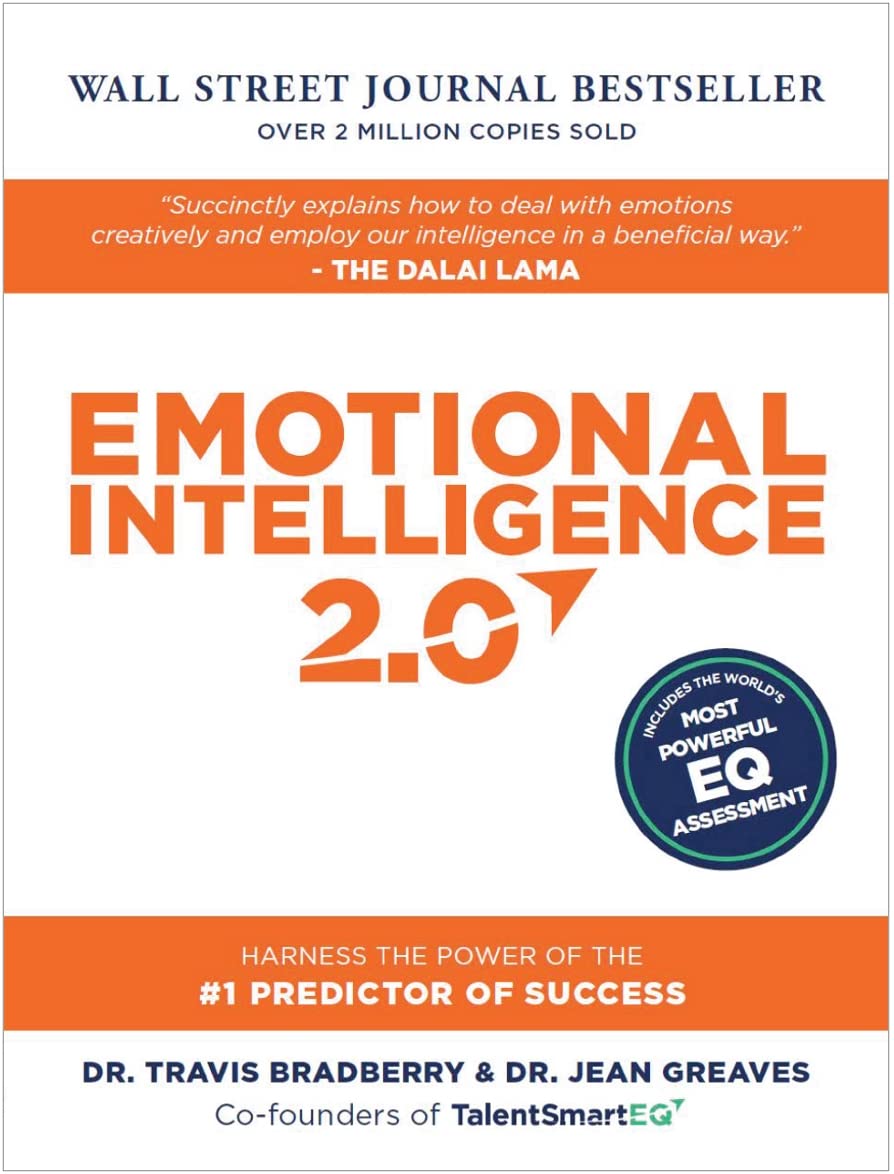
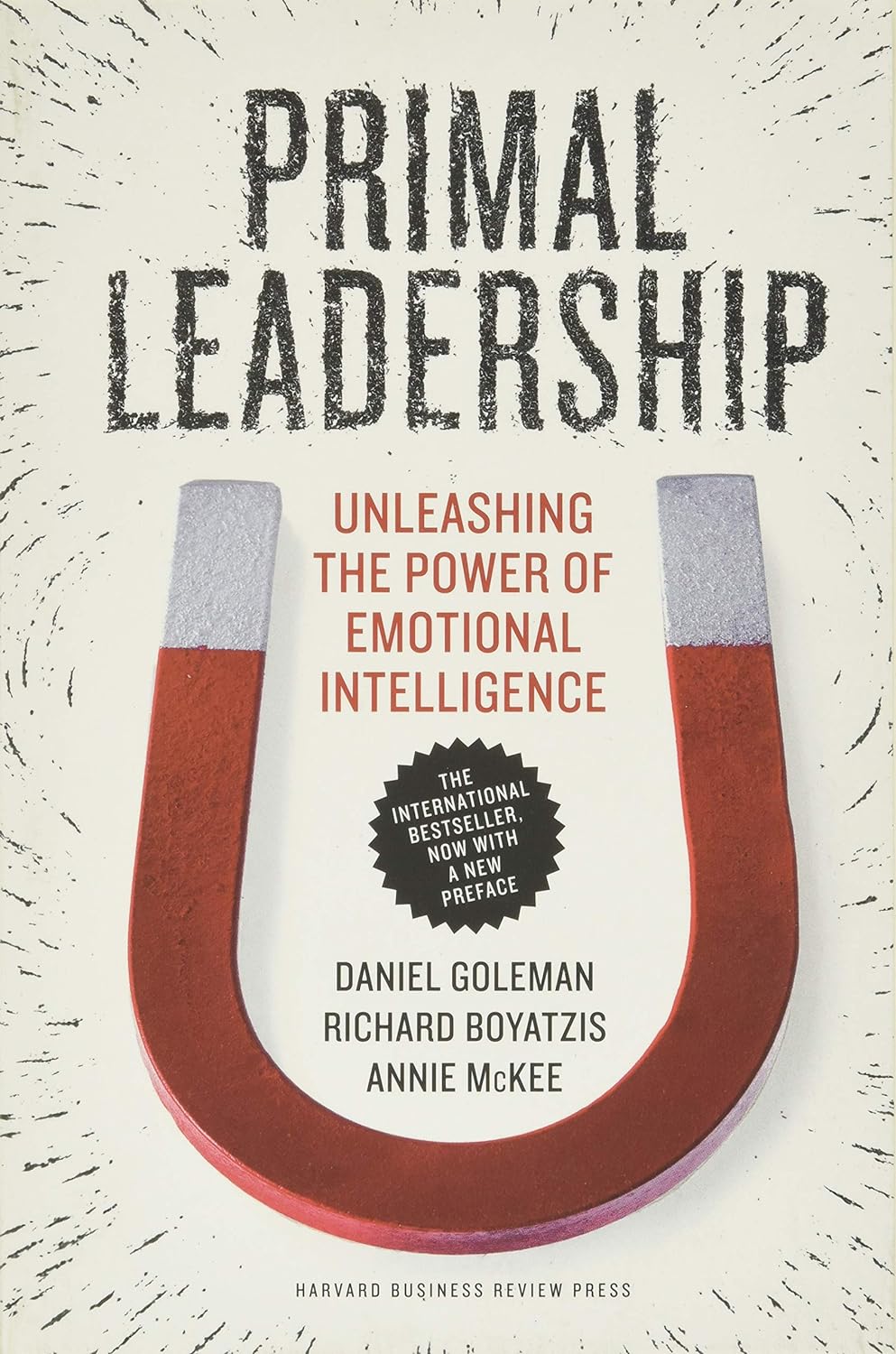



2 Comments
Clare Martin
It was quite enlightening to know that emotional intelligence is important in leadership since this will help leaders understand and manage their own emotions positively so that they can effectively communicate with their members and foster a more collaborative and inclusive work environment. I recently got promoted to a managerial position and was given a team to handle from now on, but since it’s my first time being a leader, I’m not confident yet about taking the reins. I’ll keep this in mind while I look for an online coaching program that can help me with my leadership skills soon. https://www.deeawnroundtree.com/training/
The Unlit Leader
Thank you for checking out the article and yes emotional intelligence is extremely important for both new leaders and those that are more seasoned. Feel free to reach out anything as you look for coaching programs. I offer one-on-one coaching that may help, specifically using the Everything DISC EQ Assessment and training program.